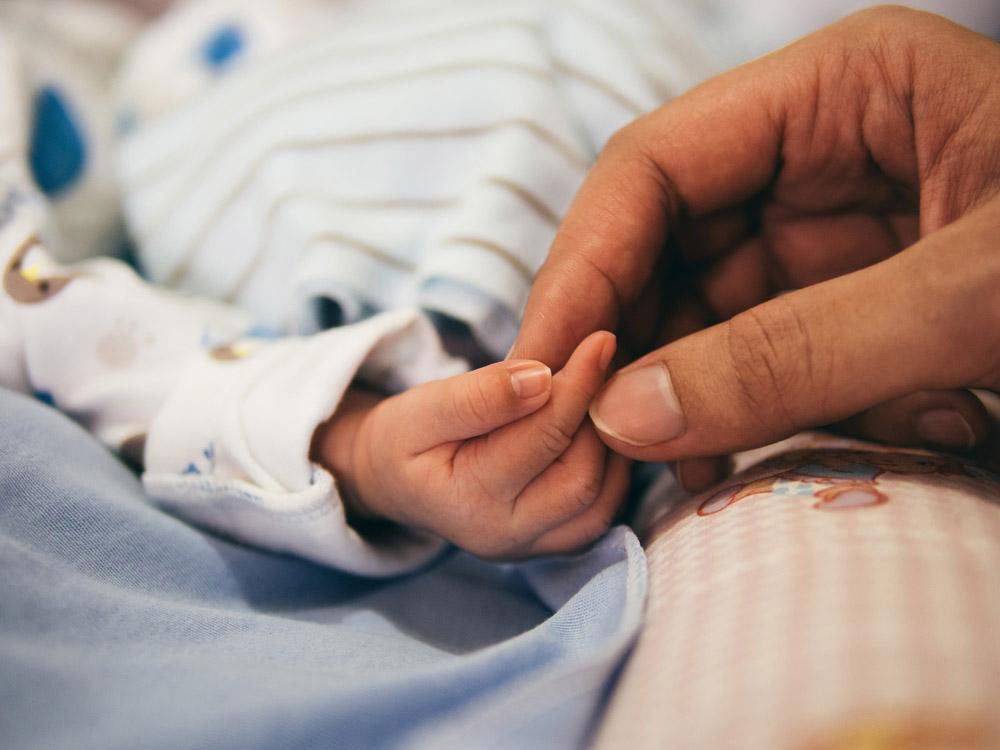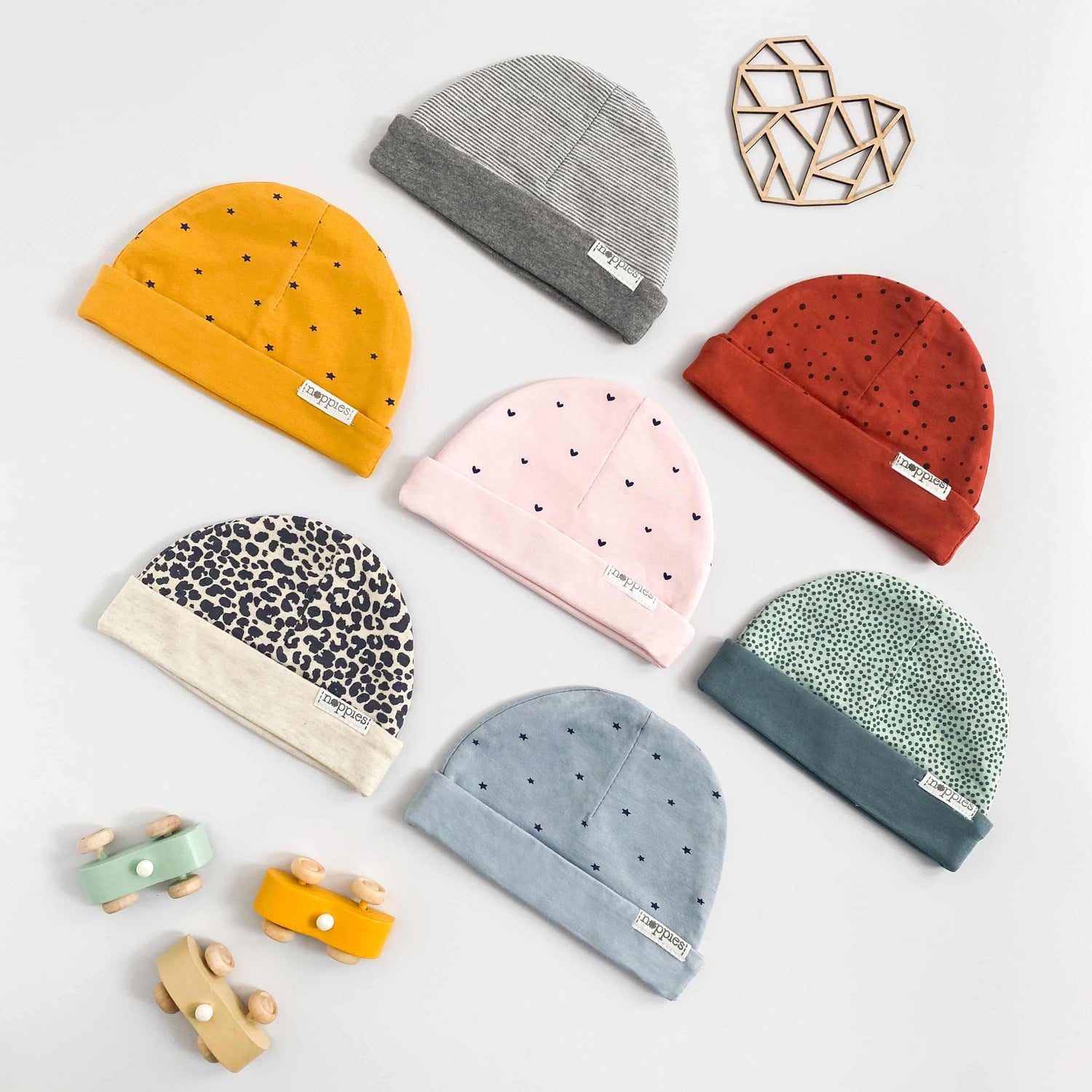
NICU glossary of terms
This is a list of common terms and support given in the NICU (Neonatal Intensive Care Unit). These have an impact when it comes to buying gifts for these little warriers, especially clothing choices.
This is only a small list in comparison to the big world of neonatal care, but it aims to give you some idea of what is happening.
Breathing tubes: Sometimes, especially when babies are born very small, babies need machines to help them to breathe. You may hear parents say that the baby is on a ventilator. This is a machine which breathes for the baby, it uses a breathing tube into the babies lung. This is a very precious tube and needs to stay in the same place for it to work.
When babies need less support, they may be using CPAP or highflow/optiflow. These are machines which help the baby to breathe, but the babies are also doing a lot of the work. The babies are sometimes cycled on and off this machine. The baby is connected to the machine through little prongs in the nose.
Developmental Care: These tiny babies should still be inside their mum, all cosy and warm, in a dark and 'relatively' quiet space. There is a lot of research about trying to replicate this when they are in the SCBU. This includes handling them as little as possible (so clothes need to be quick to put on), keeping them warm and contained so they feel safe, and minimal noise and light.
Feeding: Little tiny babies may not be able to feed milk or only tiny amounts. They will be given special fluids through their veins called PN (parental nutrition) which will help them grow until they can get all the nutrition from milk. When they start having milk it may be via mouth or through an NG tube (see below). Over time feeds will be increased both in volumes and gaps in between feeds until they are fully fed either by breast or bottle. Some babies may need to come home with a feeding tube.
Gestation: A normal pregnancy is 40 weeks long. Babies can be born anywhere from 23 weeks to 40 weeks and survive. A baby is considered premature at under 37 weeks, but is typically 'Tiny Baby' size close to 37 weeks.
Humidification: When babies are born 23 weeks – 28 weeks (although this can vary between units) their skin is super thin and they need to be in humidity (warm air with water in) for a few weeks to enable them to stay warm. This means they can't get dressed as their skin needs to be in contact with the humidity. Also their skin is super fragile.
Incubator: When babies are born small they need to be nursed inside an incubator to keep them warm. Also bigger babies may need to be undressed so the nurse can keep a better eye on them, so they are popped in an incubator to keep them warm.
Jaundice: When babies are jaundiced they often need to be nursed under a special lamp, this means they need to be undressed so the lamp can work on the most amount of skin.
Kangaroo care or skin to skin: This is when babies are put on one of their parents chest (without clothes hence skin to skin) and allowed to settle. They are covered with a blanket to keep warm, although the body heat of the parent helps to regulate their temperature. This has been shown by research to benefit both parents and the baby. The baby must be stable enough to have kangaroo care and this is determined by the team looking after the baby.
Long line: This is a special tube which can be inserted in different parts of the body, normally hands and legs. The fluids attached to the line can be drugs or a special fluid called PN which allows the baby to grow whilst they are not being fed. These lines cannot be disconnected by anyone apart from the nurses to keep the tube clean. Therefore dressing can be difficult unless the clothes are specially made.
Monitoring: In order for the nurses and doctors to know how the premature baby is they are often attached to wires and probes from which readings are displayed on monitors. These are normally attached to the body on hands and feet (for oxygen monitoring) and on the body with little pads (heart rate monitoring).
NG tubes: these are little tubes in the babies nose (or mouth) which go down to the stomach and can be used to give babies medicine, food or to empty the stomach if they are not being fed.
Nurses: These lovely people are highly trained to keep the baby safe and to monitor to react to any problems them little one may be having. They also look after the families and are a great resource.


